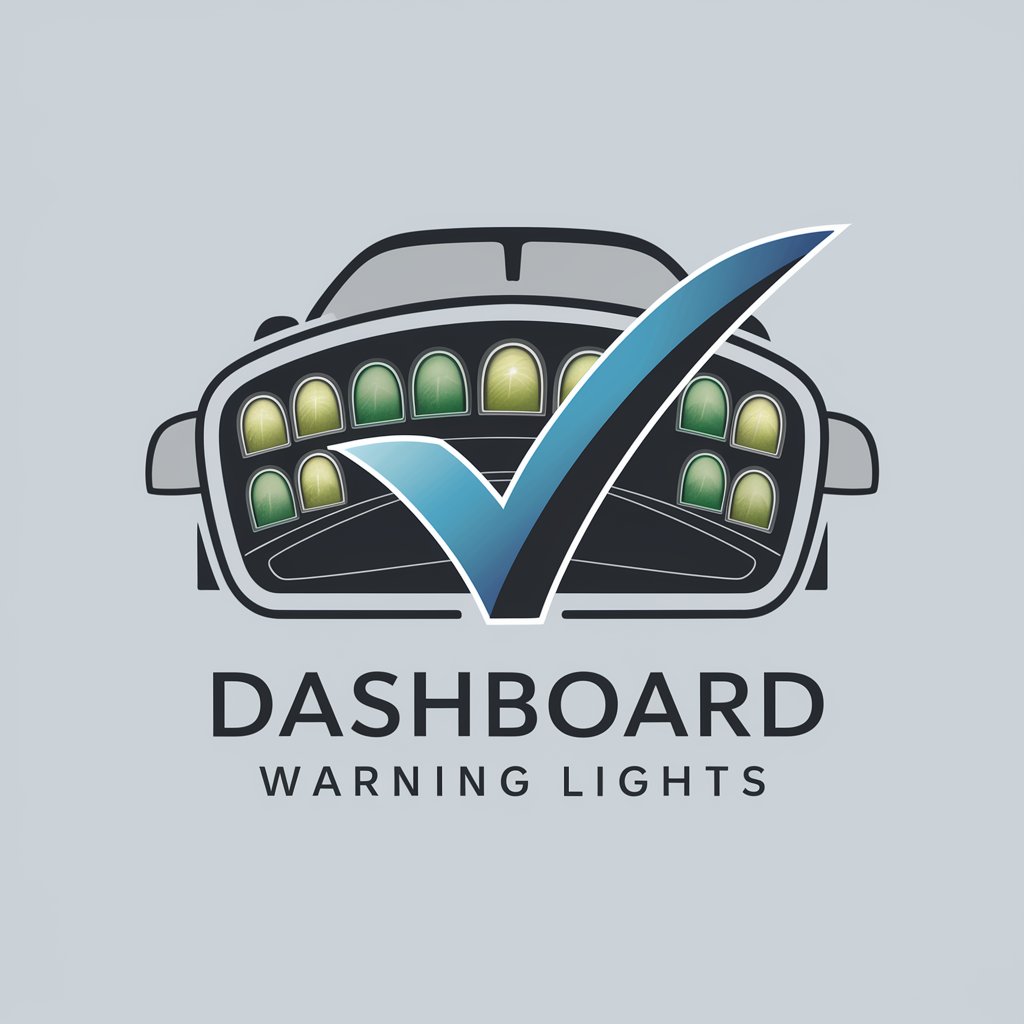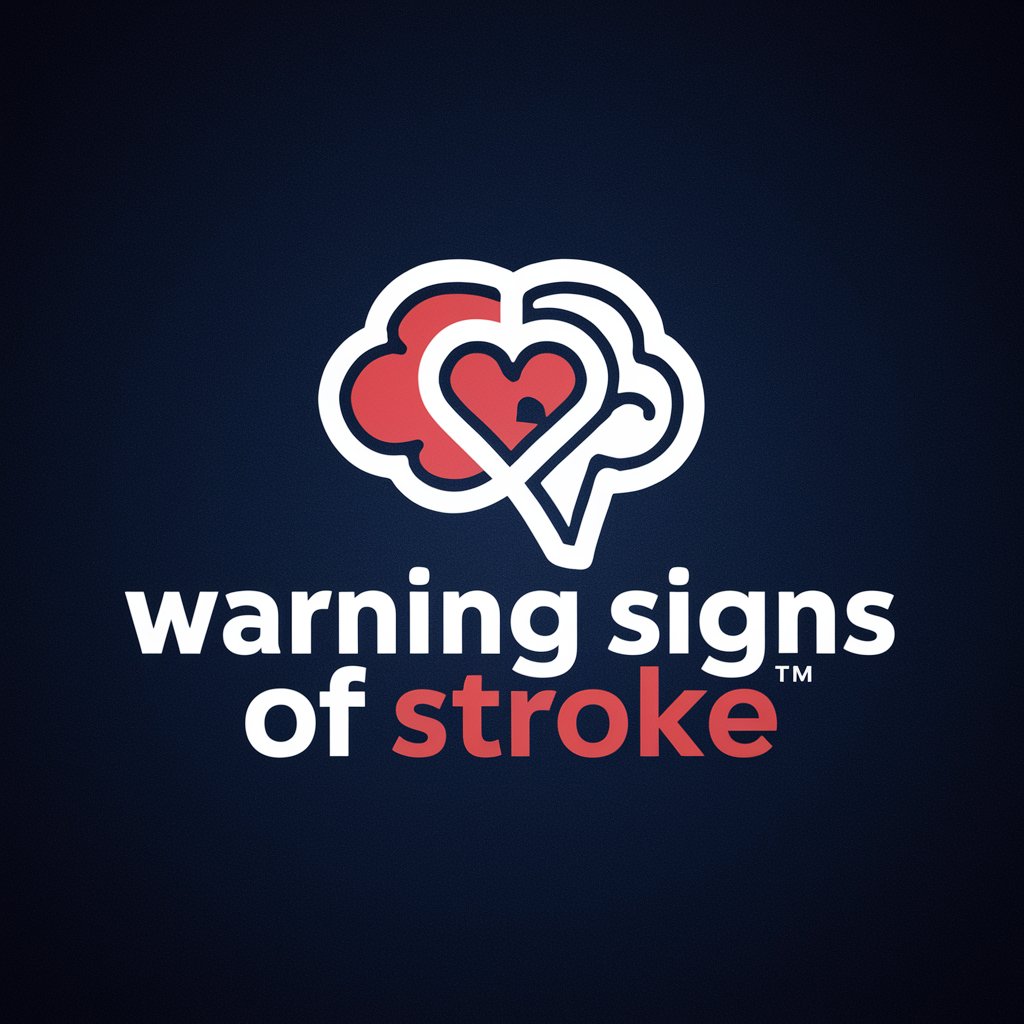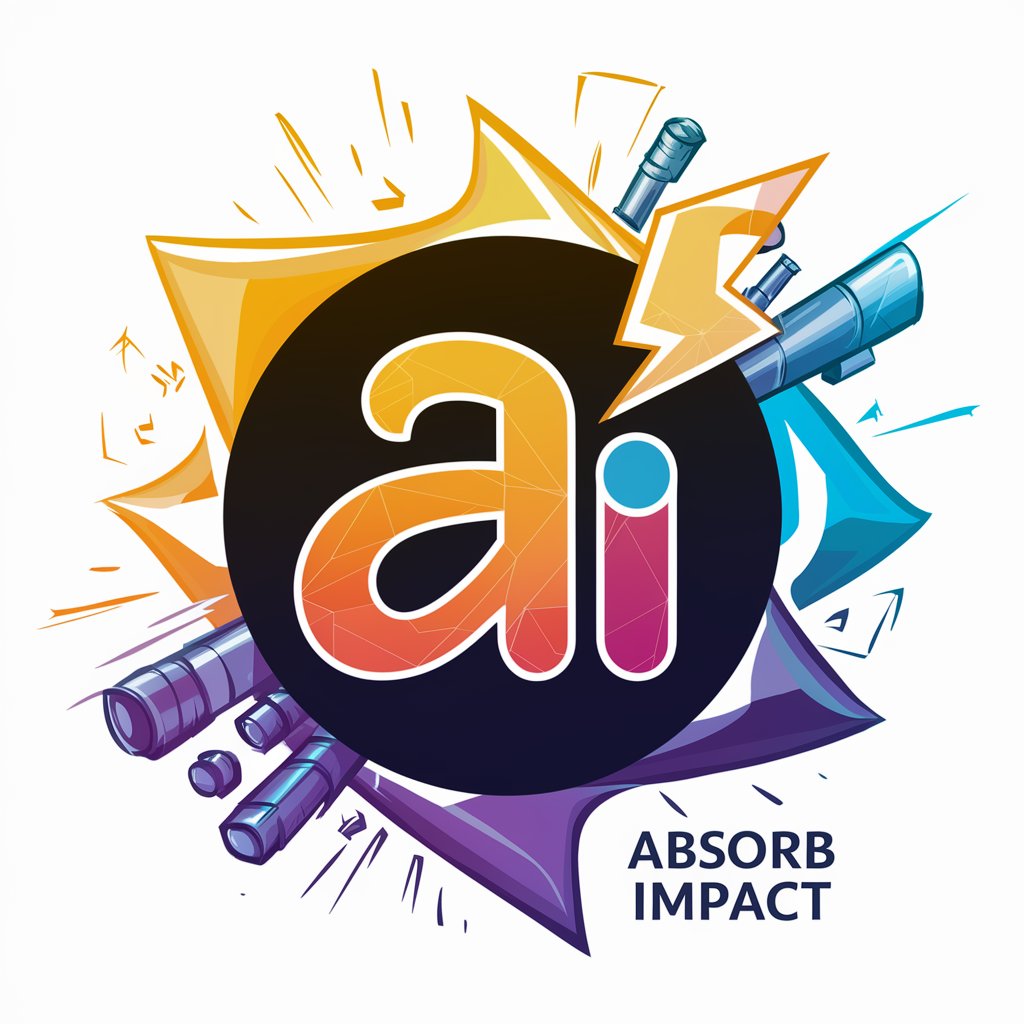Dashboard Warning Lights - Detailed Vehicle Indicator Insights

Hello! How can I assist you with your dashboard warning lights today?
Illuminate Your Dashboard's Secrets with AI
What does it mean when the check engine light comes on?
How do I reset the tire pressure warning light?
What should I do if my battery warning light is on?
Can you explain the significance of the ABS warning light?
Get Embed Code
Understanding Dashboard Warning Lights
Dashboard Warning Lights (DWL) are visual indicators located on a vehicle's dashboard that alert the driver to various issues or the operational status of different vehicle systems. They range from notifications about engine functions to alerts regarding tire pressure, oil levels, and more. These lights are designed to be immediately noticeable and are usually color-coded: red for urgent warnings, yellow or orange for cautionary alerts, and green or blue for informational signals. For example, a red engine warning light suggests a potential serious problem with the vehicle's engine that requires immediate attention, while a green light indicating the headlights are on serves as a simple reminder. The purpose of DWL is to ensure the driver is quickly and clearly informed about any immediate or potential issues with their vehicle, promoting timely action to prevent further damage or ensure safe driving conditions. Powered by ChatGPT-4o。

Core Functions of Dashboard Warning Lights
Alerting to Immediate Problems
Example
Engine Overheat Warning Light
Scenario
This light activates when the vehicle's engine temperature exceeds the normal limits. It alerts the driver to stop the vehicle and allow the engine to cool down, preventing potential engine damage.
Monitoring Vehicle Health
Example
Oil Pressure Warning Light
Scenario
This light warns the driver of low oil pressure, which can indicate low oil levels or a malfunctioning oil pump. It prompts the driver to check oil levels and pressure, helping to avoid engine damage due to inadequate lubrication.
Ensuring Safety Systems Are Active
Example
Airbag Indicator
Scenario
This indicator alerts the driver if there's a problem with the airbag system. It's crucial for ensuring that in the event of an accident, the airbags will deploy correctly, providing critical protection to the occupants.
Informing About Maintenance Needs
Example
Service Vehicle Soon
Scenario
This light may come on to indicate that the vehicle requires routine service or maintenance. While not immediately critical, it advises the driver to schedule a service appointment to maintain vehicle performance and longevity.
Ideal Users of Dashboard Warning Lights Services
Everyday Drivers
This group benefits from DWL by receiving immediate alerts about any issues, ensuring they can drive safely and prevent minor issues from becoming major problems.
Vehicle Technicians
Technicians use the information provided by DWL to diagnose vehicle issues more efficiently, leading to quicker and more accurate repairs.
Automotive Enthusiasts
Enthusiasts interested in vehicle performance and maintenance can use DWL to monitor their vehicle's health and make timely adjustments or repairs, ensuring optimal operation.
Fleet Managers
Fleet managers benefit by using DWL data to maintain the health of multiple vehicles, ensuring safety, reducing downtime, and optimizing maintenance schedules across their fleet.

How to Use Dashboard Warning Lights
1
Begin by accessing yeschat.ai for an initial, complimentary trial, which requires no signup or subscription to ChatGPT Plus.
2
Familiarize yourself with the interface and locate the 'Dashboard Warning Lights' feature. This tool is designed to help users understand and respond to various vehicle dashboard warning lights and indicators.
3
Enter your specific question or describe the dashboard warning light you are inquiring about. Be as detailed as possible to ensure a precise and helpful response.
4
Review the comprehensive explanation provided by Dashboard Warning Lights. This explanation will include the meaning of the light, potential causes, and recommended actions.
5
For optimal usage, regularly consult Dashboard Warning Lights for any new or unfamiliar dashboard icons, ensuring safe and informed driving practices.
Try other advanced and practical GPTs
Earning Ally
Empowering Your Earning Potential with AI

Earning Expert
Empower Your Earnings with AI

Global Warming
Empowering Climate Action with AI

Early Stage Earning
Empowering Startups and Freelancers with AI

Earning Expert
AI-powered Financial Guidance

Earning Guide
Unlocking Japan's Market Potential with AI

Earning guide
AI-powered Path to Digital Success

Money Earning
Empowering Your Online Job Search with AI

Earning Ally
Maximize your earnings with AI guidance

Professional Warning Letters Writer - Glyph
Streamline employee warnings with AI

Warning Signs of Stroke
Empowering stroke awareness with AI

Absorb Impact
Empowering through AI-driven learning and creativity.

Detailed Q&A on Dashboard Warning Lights
What does the engine warning light indicate?
The engine warning light, often represented by an engine icon, signifies a range of issues from minor faults like a loose gas cap to serious problems requiring immediate attention, such as engine malfunctions. It is advisable to promptly check the vehicle's manual and seek professional diagnostics.
Can Dashboard Warning Lights diagnose car issues?
While Dashboard Warning Lights provides detailed explanations and potential fixes for dashboard indicators, it does not replace professional diagnostic tools. It serves to educate and guide on possible causes and recommends consulting with a mechanic for a thorough diagnosis.
How accurate are the explanations provided?
The explanations are crafted based on extensive automotive knowledge and aim to be as accurate as possible. However, specific vehicle models may have unique features or issues, so it's always good to refer to your vehicle's manual or contact a professional.
Are there any costs involved in using Dashboard Warning Lights?
Accessing Dashboard Warning Lights through the initial trial on yeschat.ai is free, with no need for a ChatGPT Plus subscription. Further use may be subject to the terms and conditions of the platform.
How can I make the most out of Dashboard Warning Lights?
Maximize the tool by regularly checking any unfamiliar dashboard lights as they appear, providing detailed descriptions of issues, and using the provided information to make informed decisions about vehicle maintenance and when to seek professional assistance.
